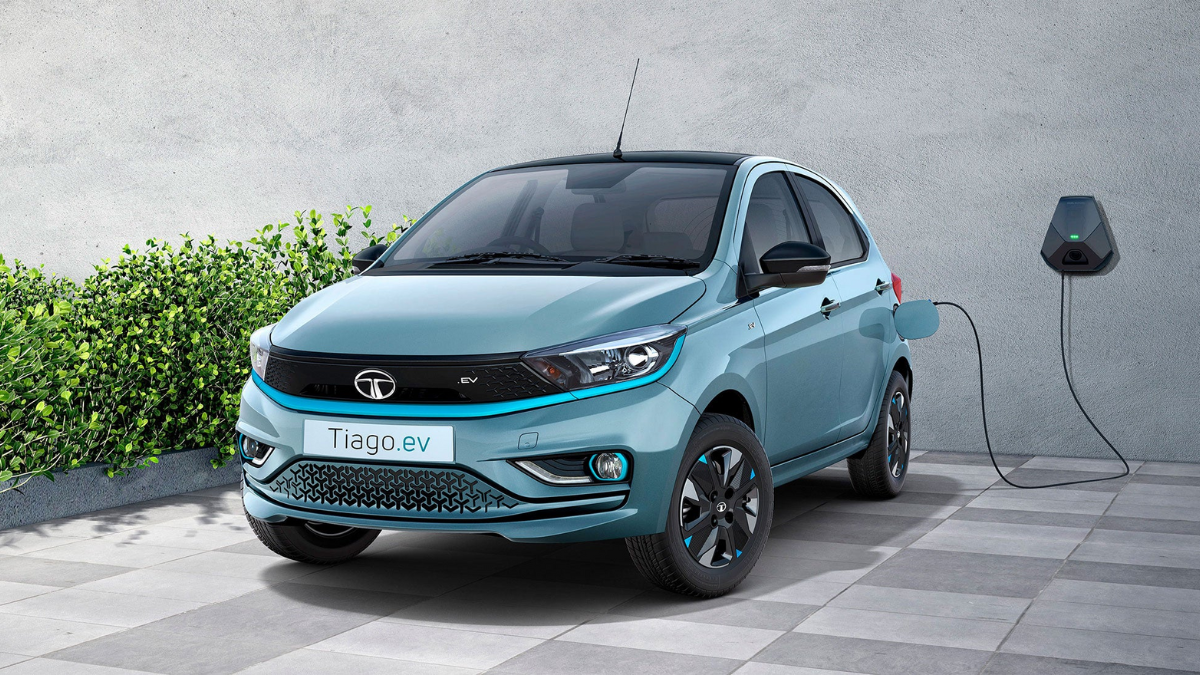India’s automobile market is rapidly changing, with electric vehicles (EVs) gaining attention alongside traditional petrol cars. As environmental concerns rise and fuel prices fluctuate, many buyers wonder which option is best for them in 2025. This article explores the pros and cons of electric and petrol cars in India today, helping you decide which type suits your needs and budget.
The Rise of Electric Cars in India
Electric cars are becoming more popular in India because they produce zero tailpipe emissions, helping reduce air pollution—a major problem in many Indian cities. The government offers subsidies and tax benefits to encourage EV adoption. Electric cars have lower running costs since electricity is cheaper than petrol and require less maintenance due to fewer moving parts. However, EVs still face challenges such as limited driving range, long charging times, and fewer charging stations, especially in rural areas.
Advantages and Challenges of Petrol Cars
Petrol cars are familiar and widely used across India. They offer longer driving range and faster refueling compared to electric vehicles, making them convenient for long-distance travel and remote areas where charging infrastructure is limited. Petrol cars generally have lower upfront costs than electric cars, which appeals to budget-conscious buyers. On the downside, petrol cars emit harmful gases that contribute to air pollution and climate change. Additionally, fluctuating petrol prices can impact running costs unpredictably.
Which Is Better for Indian Buyers in 2025?
Choosing between electric and petrol cars depends on your daily driving habits, budget, and location. If you mostly drive short distances within cities and have access to charging stations, an electric car may be more economical and eco-friendly in the long run. For those living in rural or remote areas or needing longer drives regularly, petrol cars remain a practical choice due to the established fuel infrastructure. The Indian government is actively expanding EV charging networks, so this gap is expected to narrow soon.
Comparison Table: Electric Cars vs Petrol Cars in India (2025)
| Feature | Electric Cars | Petrol Cars |
|---|---|---|
| Initial Cost | Higher (but decreasing) | Lower upfront cost |
| Running Cost | Lower (cheaper electricity, less maintenance) | Higher (fuel and maintenance costs) |
| Emissions | Zero tailpipe emissions | Higher pollution |
| Driving Range | Typically 150-400 km per charge | 400-600+ km per tank |
| Refueling Time | 30 mins to several hours (charging) | 5 minutes (fuel pump) |
| Infrastructure | Limited but growing fast | Widely available |
| Government Incentives | Subsidies and tax benefits | Limited |
In 2025, electric cars are becoming a strong contender in India’s automobile market due to their environmental benefits and lower running costs. However, petrol cars still hold an advantage in terms of price, driving range, and refueling convenience, especially outside major cities. The right choice depends on your lifestyle, driving needs, and location. As infrastructure improves and technology advances, electric cars will likely become the preferred option for more Indian drivers.
FAQ’s:
Are electric cars cheaper to run than petrol cars in India?
Yes, electric cars typically have lower running costs due to cheaper electricity and less maintenance.
Can electric cars handle long-distance travel in India?
Currently, their limited range and charging infrastructure make long-distance travel challenging, but this is improving.
Do electric cars get government subsidies in India?
Yes, the Indian government offers various incentives and tax benefits to encourage EV adoption.
Is charging infrastructure available everywhere in India?
Charging stations are mainly in urban areas, but the government is rapidly expanding networks nationwide.
Which car type is better for rural areas in India?
Petrol cars are currently better suited for rural areas due to better fuel availability and refueling convenience.
